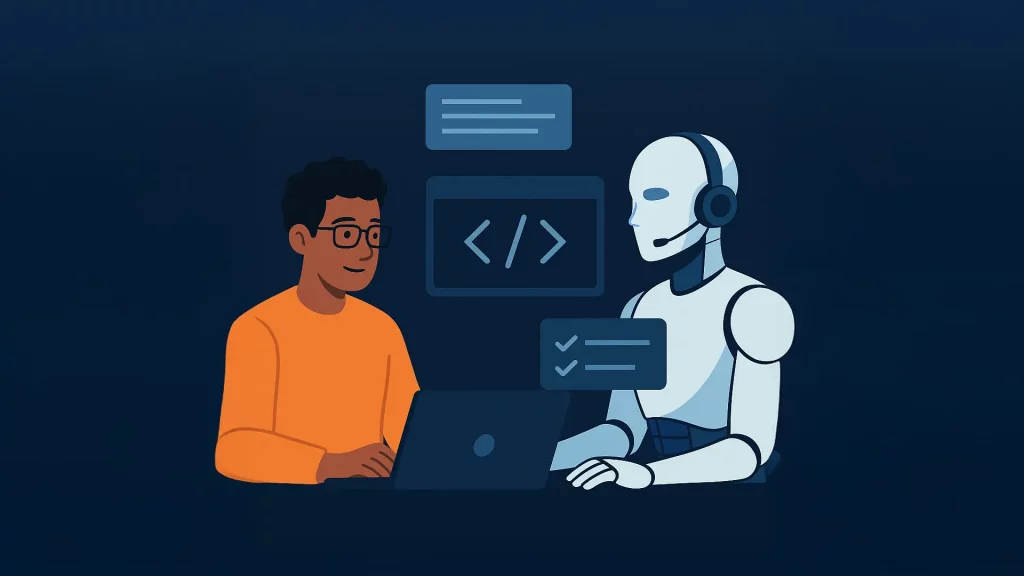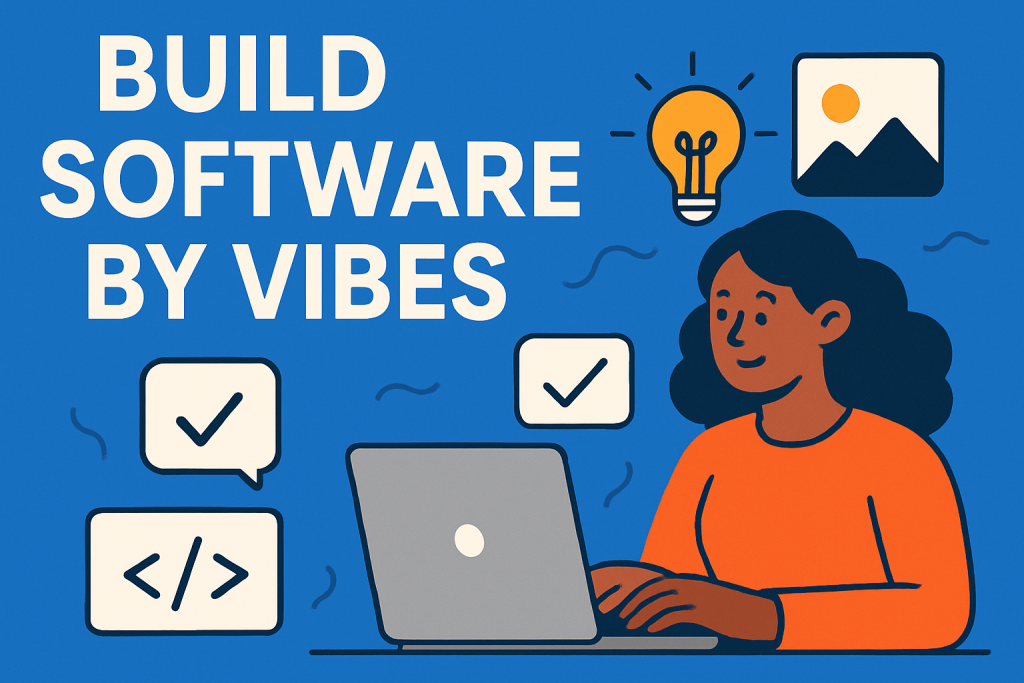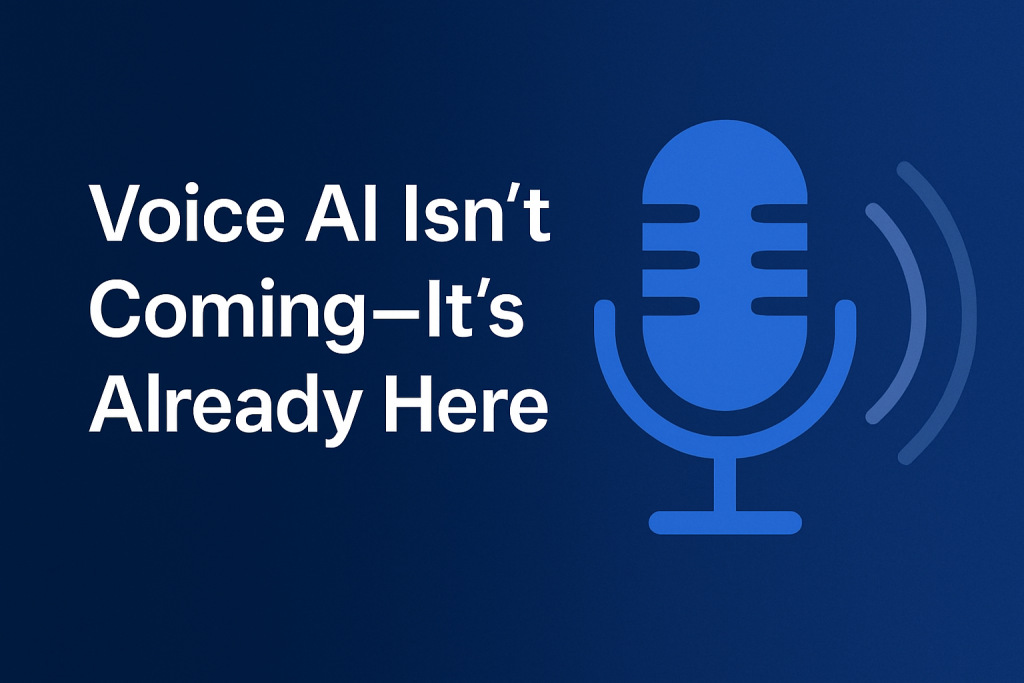“AI co-pilots are not here to replace developers— they’re here to redefine the role.”
The way we build software is being fundamentally reimagined, and AI co-pilots are at the heart of this transformation. Far beyond just “autocomplete on steroids,” tools like GitHub Copilot are reshaping the development process from the ground up. They’re automating tedious tasks, improving code quality, and making advanced development more accessible to teams of all sizes.
By augmenting human capabilities with machine learning and natural language processing, AI co-pilots streamline everything from boilerplate code generation to complex system design. The result? Faster workflows, smarter collaboration, and a shift in how developers think about writing code.
Let’s explore how AI co-pilots are revolutionizing software development and why forward-thinking teams are already making them part of their core toolkit.
1. Supercharging Developer Productivity
One of the biggest wins? Time. AI co-pilots take over repetitive coding tasks so developers can focus on solving real problems. According to studies, AI-assisted developers can complete common coding tasks 55% faster, while boosting completion rates by 11%.
Productivity Highlights:
- Boilerplate Automation: Generating API endpoints, class structures, and database queries in seconds.
- Context-Aware Suggestions: Offering real-time code completions based on project-specific patterns and libraries.
- Mental Load Reduction: 87% of developers report better focus and energy levels, enabling them to focus on complex logic.
Example: At Shopify, developers used GitHub Copilot to handle tedious framework setup, cutting dev cycles dramatically and freeing engineers to focus on high-impact features.
2. Elevating Code Quality
AI co-pilots don’t just write code, they write better code. Acting like tireless, ever-vigilant pair programmers, these tools enforce best practices and help developers avoid common pitfalls.
Smarter, Safer Code:
- Proactive Bug Detection: Spot issues like null pointer exceptions or race conditions as you type the code, not after deployment.Security Built-In: Flag vulnerabilities, like SQL injection risks, before they make it to QA.
- Consistent Style: Maintain clean, standardized code across global teams by automatically applying organizational conventions.
- Real-World Win: GitLab integrated AI-assisted code reviews and saw a 30% drop in post-deployment bugs by catching problems earlier in the dev cycle. Tools like GitHub Copilot also suggest more efficient algorithms, improving performance in compute-heavy applications.
3. Democratizing Advanced Development
AI co-pilots are leveling the playing field by making high-quality development more accessible to both newcomers and lean teams.
Lowering Entry Barriers:
- Faster Onboarding: New developers ramp up quickly with AI explanations of legacy code and real-time, context-aware suggestions.
- Cross-Language Power: Co-pilots help translate logic across languages like Python, Java, and Go, making tech stack shifts less daunting.
- Auto Documentation: Generate inline comments and API docs instantly, cutting documentation overhead.
Empowering Non-Experts:
The rise of “vibe coding”, describing functionality in plain English, lets even non-experts create prototype software using AI. One gaming startup used this approach to achieve the output of a 50-developer team with just 10 engineers.
4. Transforming Collaboration Dynamics
AI co-pilots are changing how developers collaborate, especially in distributed and remote-first environments.
Knowledge Sharing at Scale:
- Institutional Memory: Codify tribal knowledge and make it queryable (e.g., “How do we handle OAuth?”).
- Standardization Across Teams: Enforce shared coding conventions across microservices and time zones.
Real-Time Pair Programming:
AI enhances collaborative workflows by:
- Proactively resolving merge conflicts.
- Generating unit tests for teammates’ code.
- Explaining complex pull requests in plain, understandable language.
5. Real-World Impact: Case Studies
Enterprise Adoption at Shopify
By integrating GitHub Copilot, Shopify reduced code review backlogs by 40% and improved onboarding efficiency by 60%. New developers contributed production-ready code 3x faster, while seniors focused on high-impact architecture upgrades.
Open Source Acceleration in Python Ecosystem
AI co-pilots delivered a 6.5% productivity boost across major projects by automating dependency updates and backporting fixes.
Startup Innovation at Razer
Razer’s AI-powered QA co-pilot reduced bug detection time by 70%, speeding up game development cycles without compromising quality.
6. Challenges and Considerations
While AI co-pilots offer impressive benefits, they’re not without their limitations.Thoughtful integration and oversight are key.
Be Aware of:
- Overreliance: 22% of junior developers initially submitted “AI-shaped” code without understanding the underlying logic, necessitating mentorship adjustments.
- Security Risks: Some early tools occasionally suggested insecure code patterns—human review is still essential.
- IP & Licensing: AI-generated code may include snippets derived from open-source models. Organizations must vet for compliance to avoid legal pitfalls.
7. The Future of AI-Assisted Development
What’s Next:
- Natural Language Interfaces: Developers will describe features in plain English (e.g., “Add a load-balanced checkout service”), and AI will generate the implementation.
- Predictive Refactoring: AI will identify technical debt before it creates problems and suggest fixes in advance.
- Ethical AI Guardrails: Built-in checks will ensure code is accessible, efficient, and free of bias from the ground up.
Final Thoughts
AI co-pilots are not here to replace developers—they’re here to redefine the role. By automating repetitive and time-consuming tasks, these tools enable engineers to focus on higher-value work such as system architecture, innovation, and strategic problem-solving. Organizations that embrace AI co-pilots are already seeing measurable gains, including a 45% increase in feature delivery speed and a 60% boost in developer satisfaction. As the technology continues to evolve, the ability to effectively collaborate with AI will become a key differentiator, positioning forward-thinking developers at the forefront of the next wave of digital transformation.




